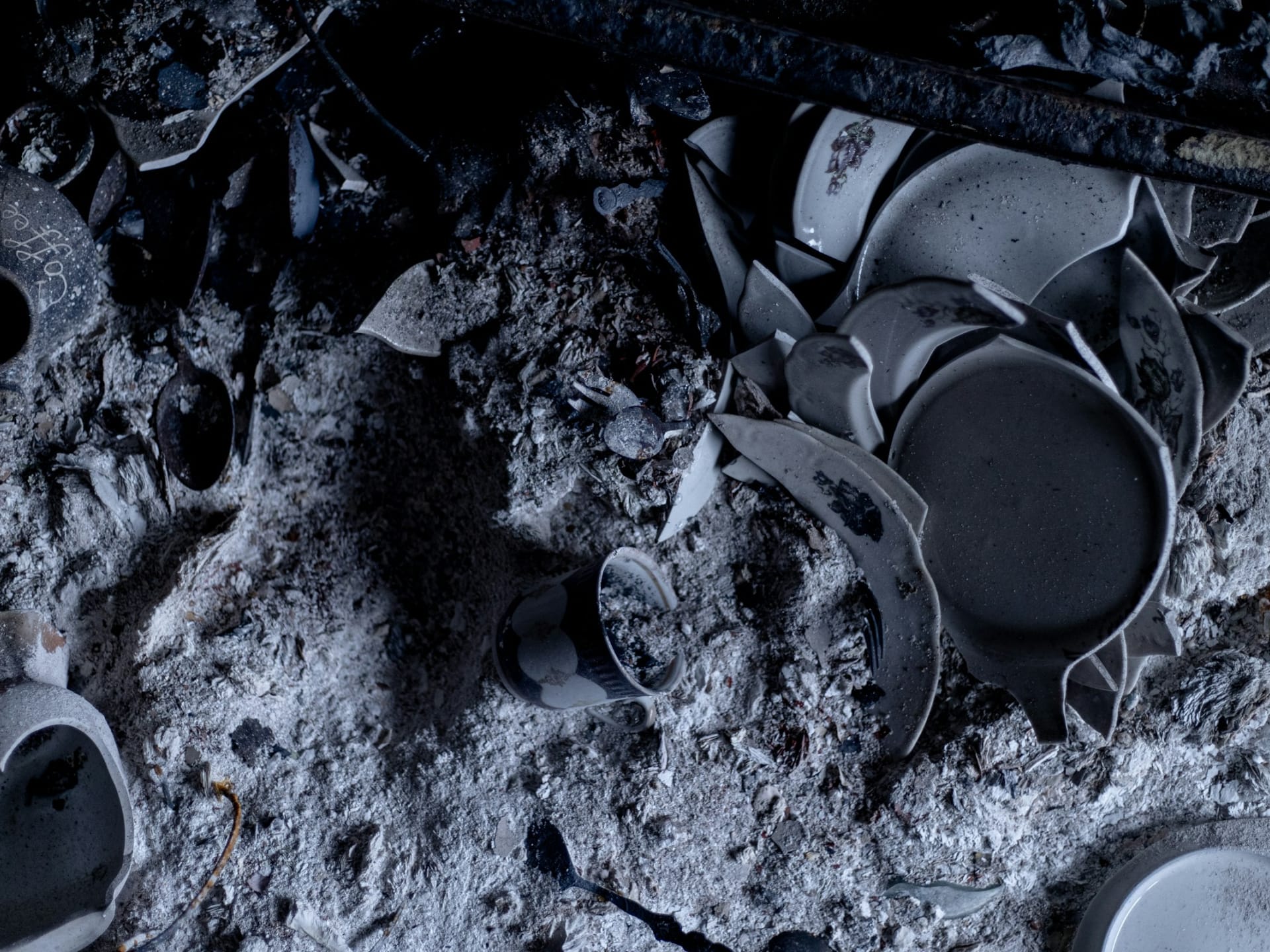Nov. 25, 2024 |
The madman theory. On November 17, the U.S. and the U.K. gave Ukraine permission to use their missiles to strike inside Russia. Kyiv had long been asking for this permission, but Washington and London had refused for fear of escalation. The U.S. administration said it changed its mind after Russia deployed North Korean troops in the conflict.
Two days after the U.S. announcement, Vladimir Putin signed off on a revision of Russia’s nuclear doctrine. What the revised doctrine says is that Moscow will treat an attack by a non-nuclear country backed by a nuclear country as if both countries had jointly attacked Russia—meaning that the Kremlin could respond to Ukraine’s use of U.S. weapons with Russia’s nuclear arsenal.
The Kremlin had proposed this revision in September; but the day after Putin signed it, Russia launched an intermediate-range ballistic missile—one that could carry multiple nuclear warheads—at the Ukrainian city of Dnipro. How serious is this?
In June—shortly after the last time Moscow threatened to use nuclear weapons in Ukraine—Sergey Radchenko explored how the Kremlin sees its nuclear arsenal and uses rhetoric about it. It’s a key, Radchenko says, to understanding the entire trajectory and pace of the war—its offensives, counter-offensives, and stalemates: They’re all driven by Russian threats and Western responses—anxiously calculated to keep both Russia from winning and Europe from catastrophe.
—Michael Bluhm






